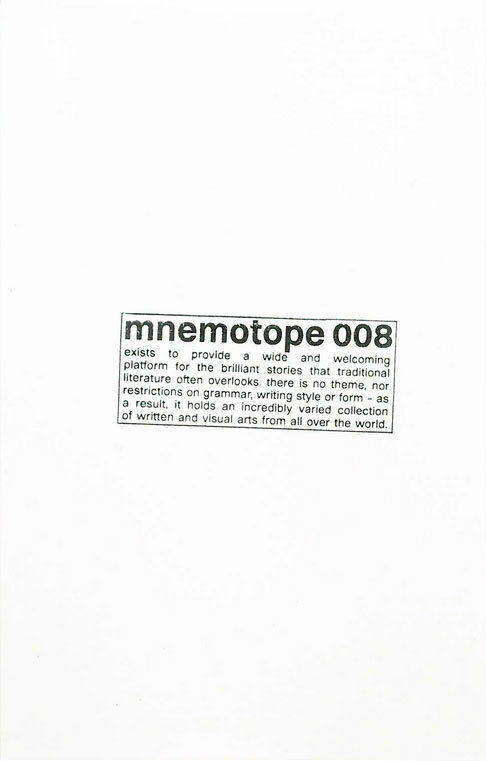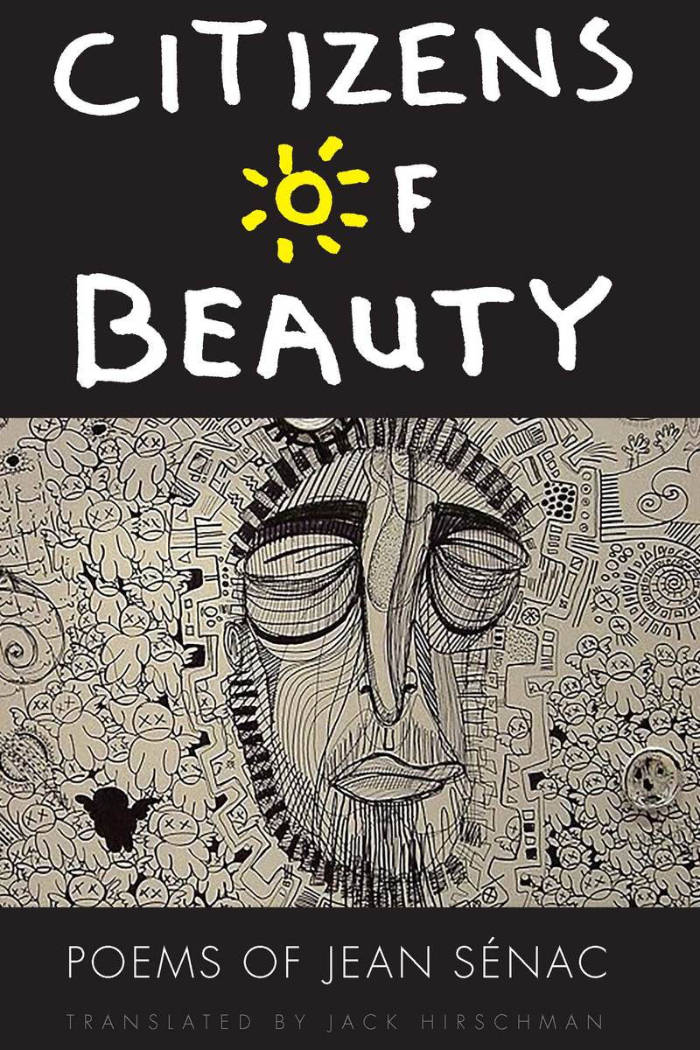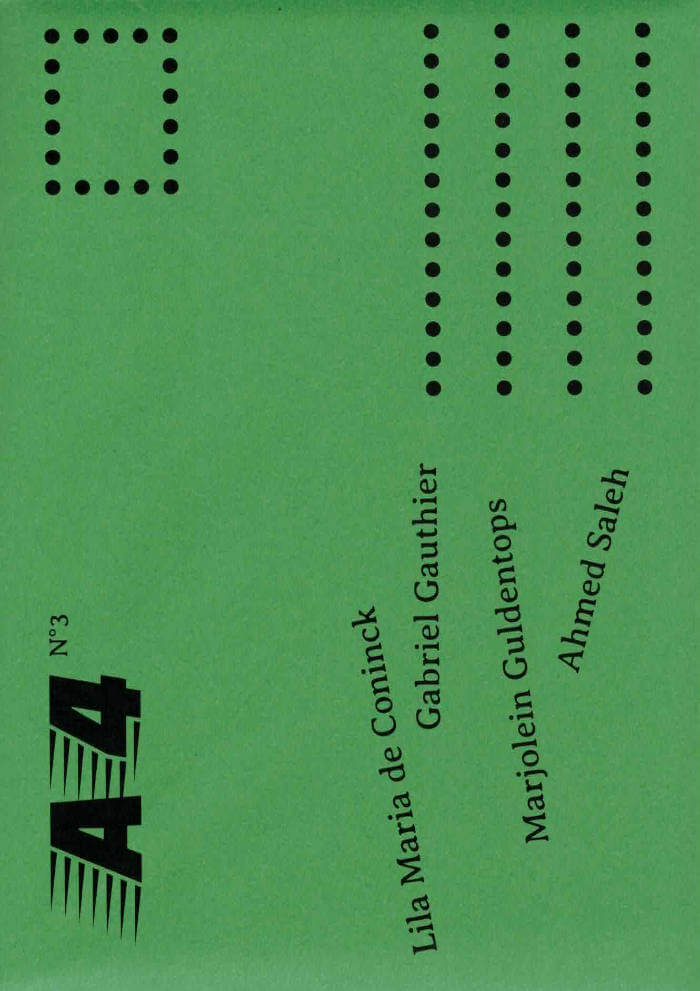Founded in 2023, A4 is a poetry review which showcases and explores contemporary writings practices. Run by Littérature Supersport collective, the object is seen as the extension of their events. The review takes the form of 4 postcards which, when placed side-by-side, form an A4-sheet. A light (even precarious) format for literature that slips into the back pocket of pants and hangs on fridge doors. Each issue features unpublished texts by 4 authors. Wrapped in colors, A4 is distributed by post and available in good bookshops, in Brussels, Liège, Paris and Marseille.
This third issue presents texts by : Lila Maria de Coninck, Gabriel Gauthier, Marjolein Guldentops & Ahmed Saleh.
Ahmed Saleh (born 1998) is a Palestinian writer and poet from Gaza. He studied business administration and political science and is currently living in Brussels. Ahmed writes articles in Arabic and English, several of which have been published on various platforms.
Marjolein Guldentops (Belgium, 1994) is a visual artist, author, and performer. Her artistic practice spans various mediums, including text, video and performance. Rooted in the concept of worlding, her work explores the urban rhythms, flows, and semantics that shape perceptions of space and language in both physical and metaphysical senses.
Gabriel Gauthier is a graduate of the Beaux-arts in Paris. He writes books, performs and makes music. He has published Simurgh & Simorgh and Contra at Théâtre Typographique (2016, 2024) and Speed at Vies Parallèles (2020). He has designed pieces at the border of dance and visual arts (Cover, Rien que pour vos yeux). Space, his first novel, was published by Corti.
Lila Maria de Coninck (2004) is a Belgian creator living in The Hague. She makes music, theatre and writes poetry. The guiding principle in her works is the use of multilingualism and miscommunication to promote creativity in her mother tongue, Dutch.






